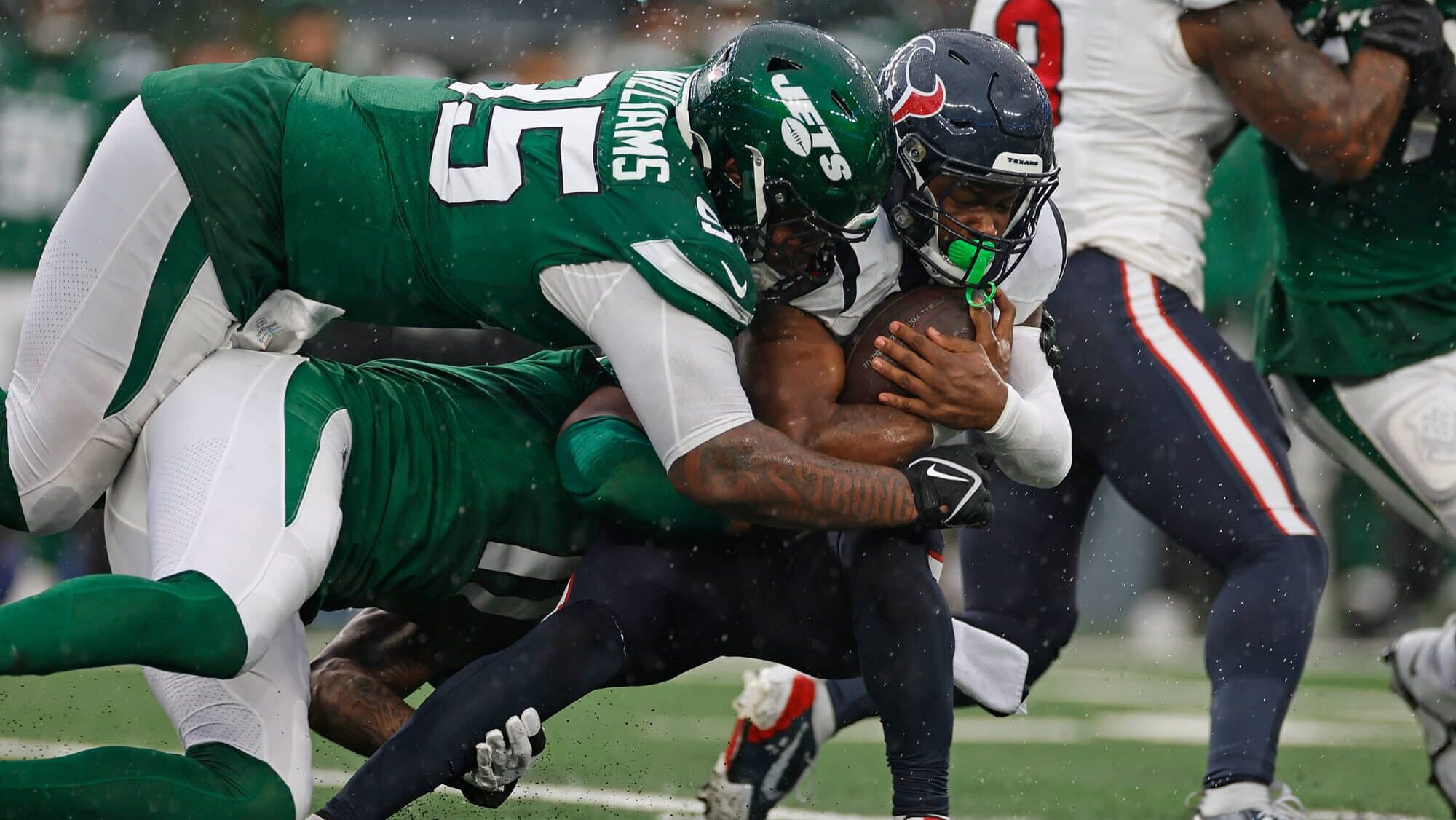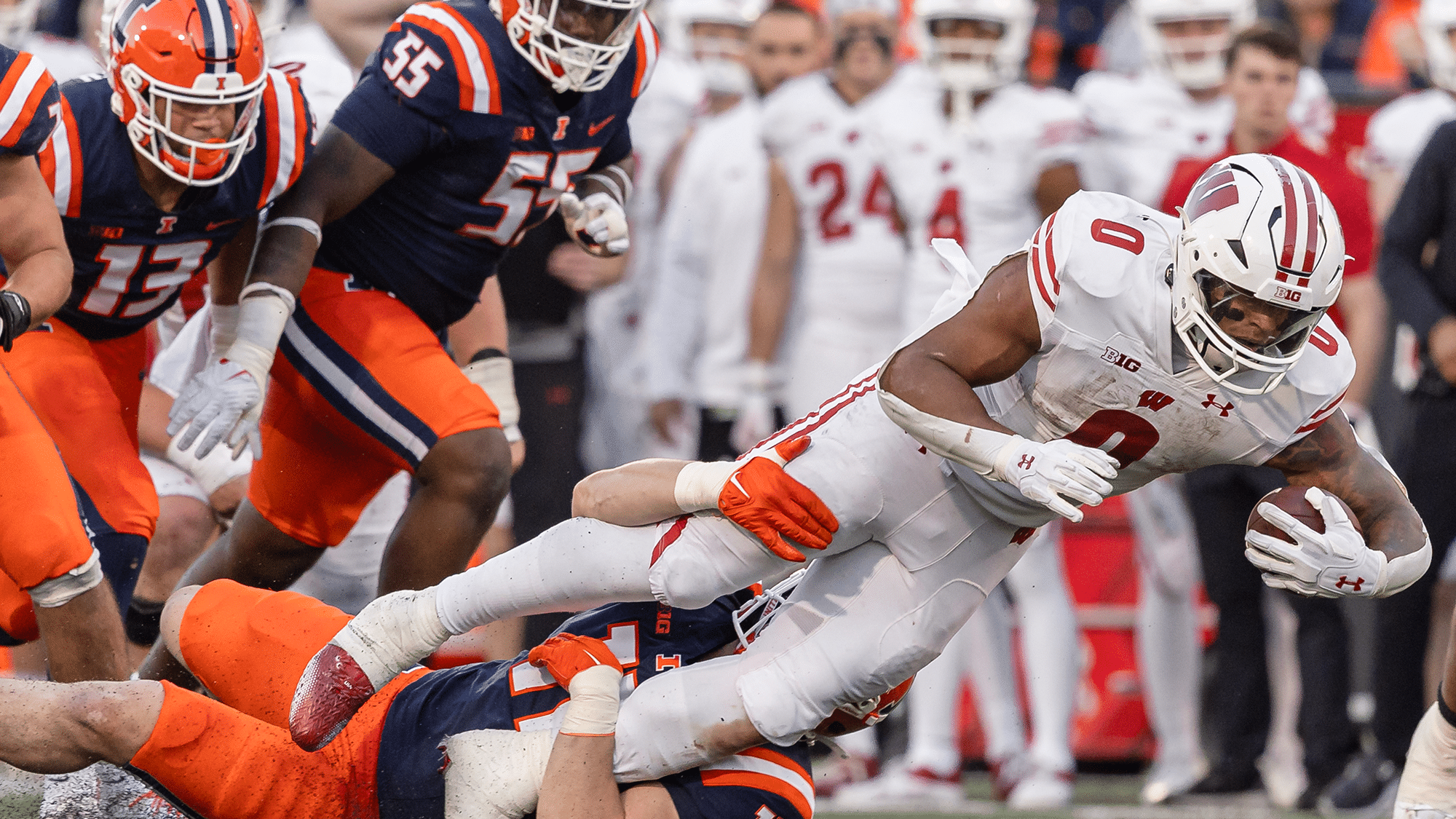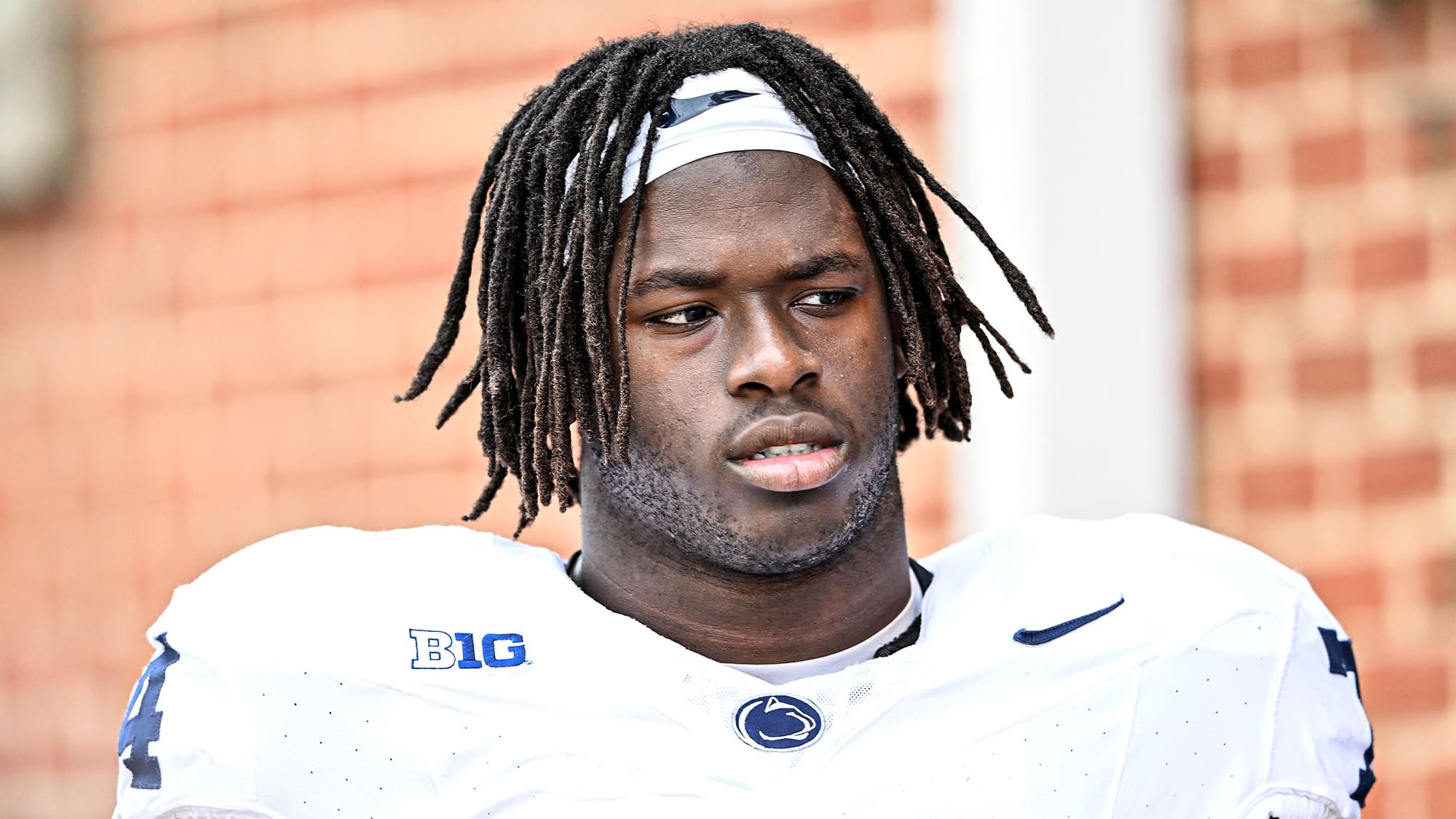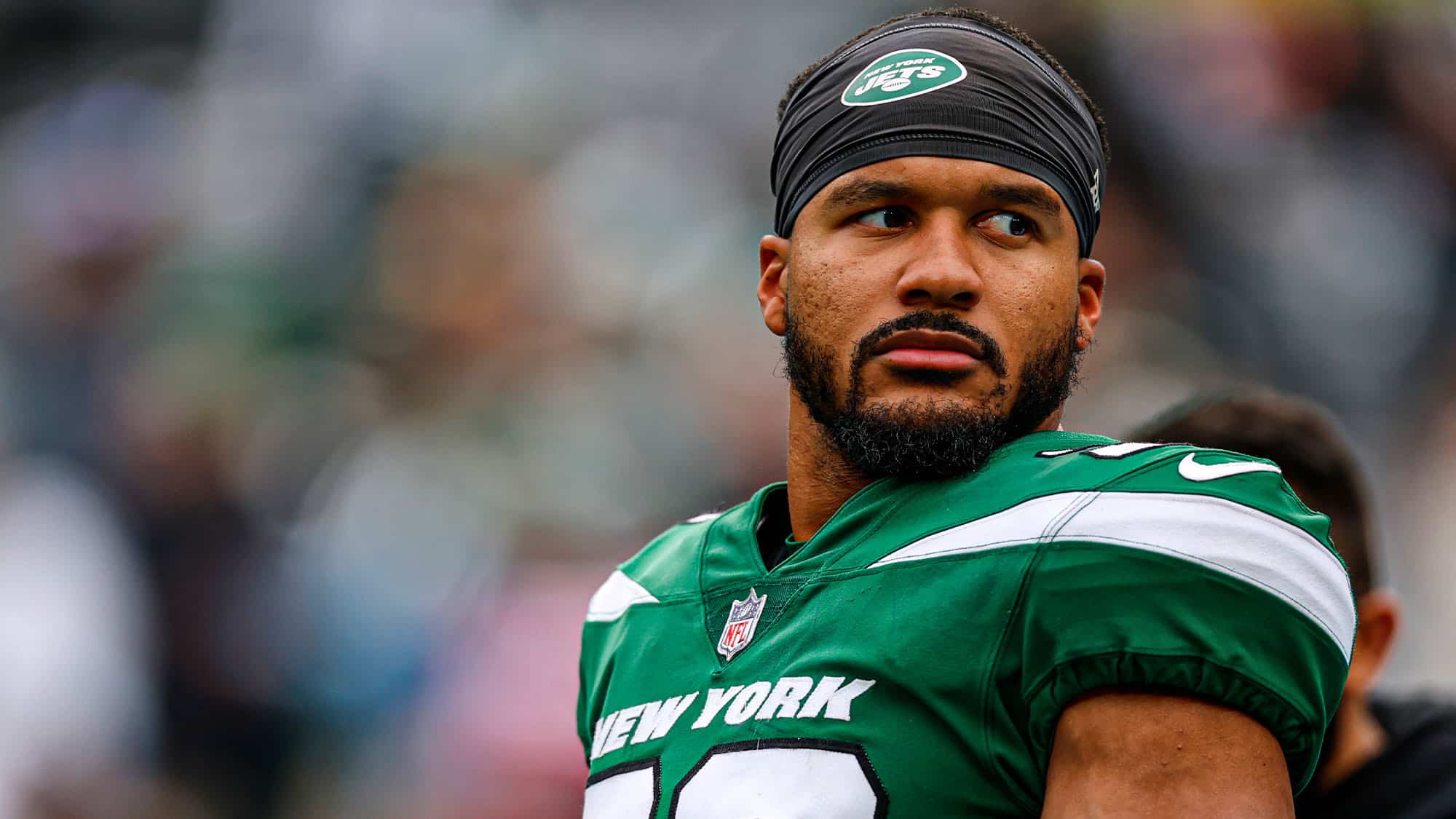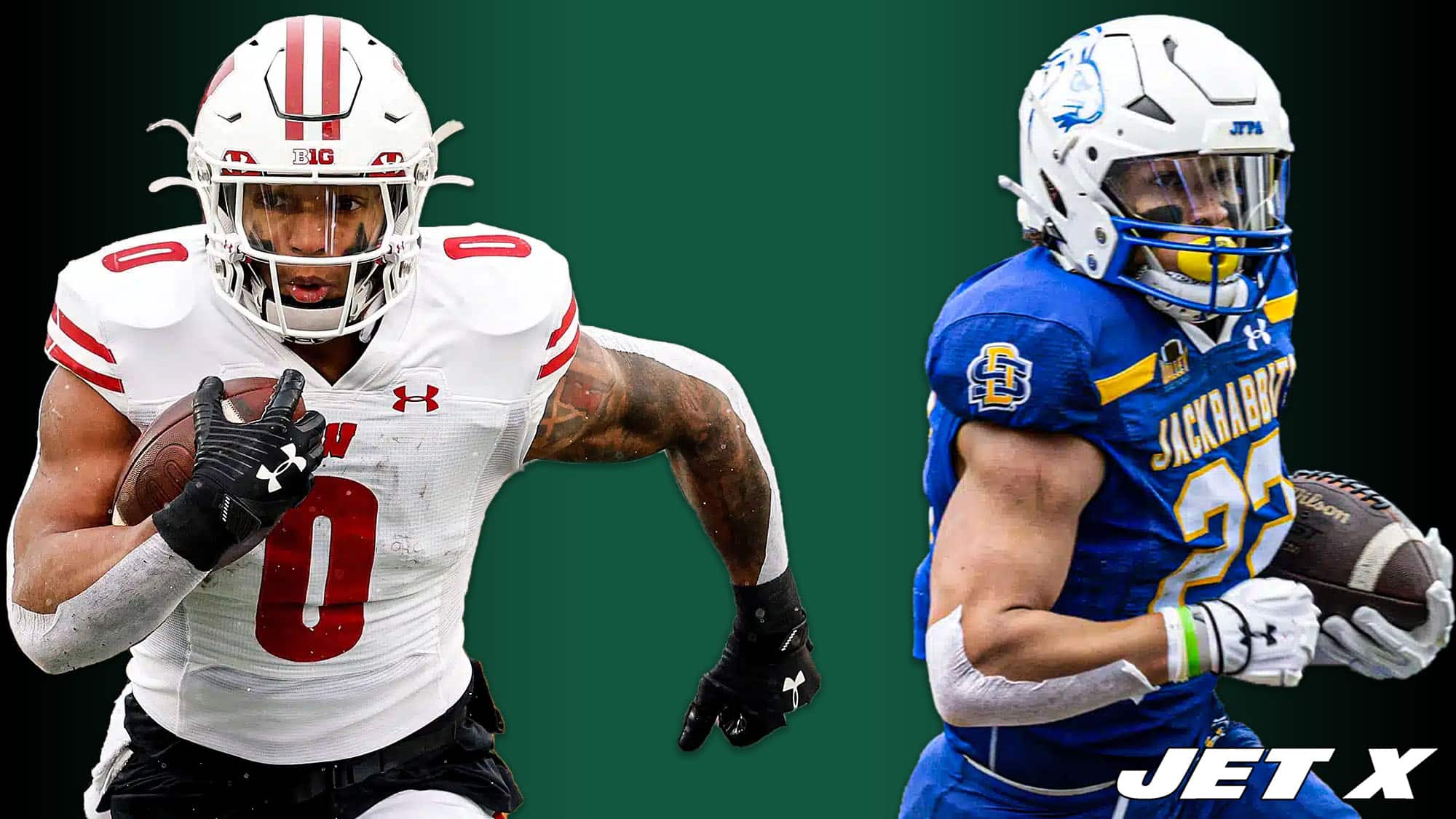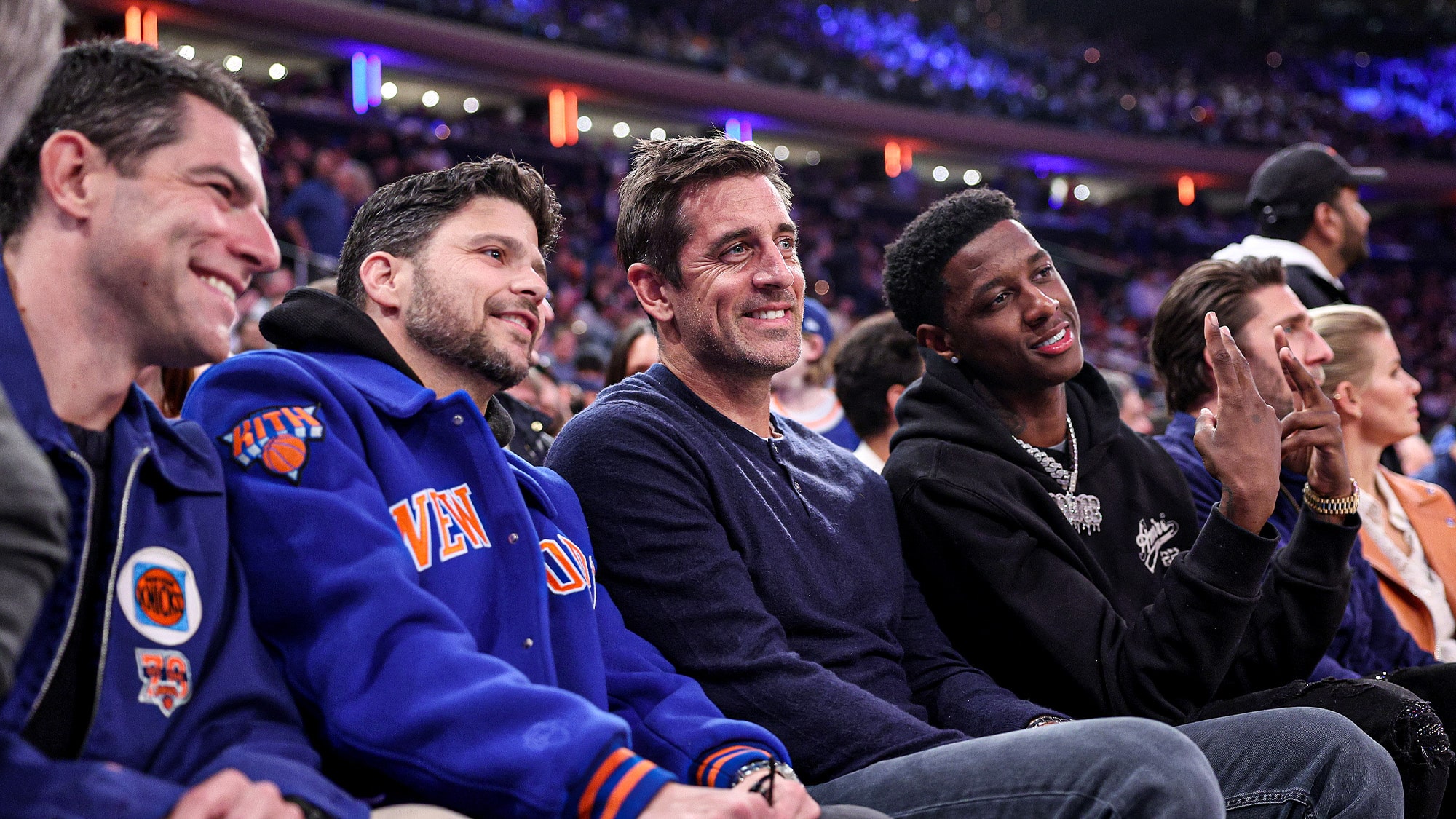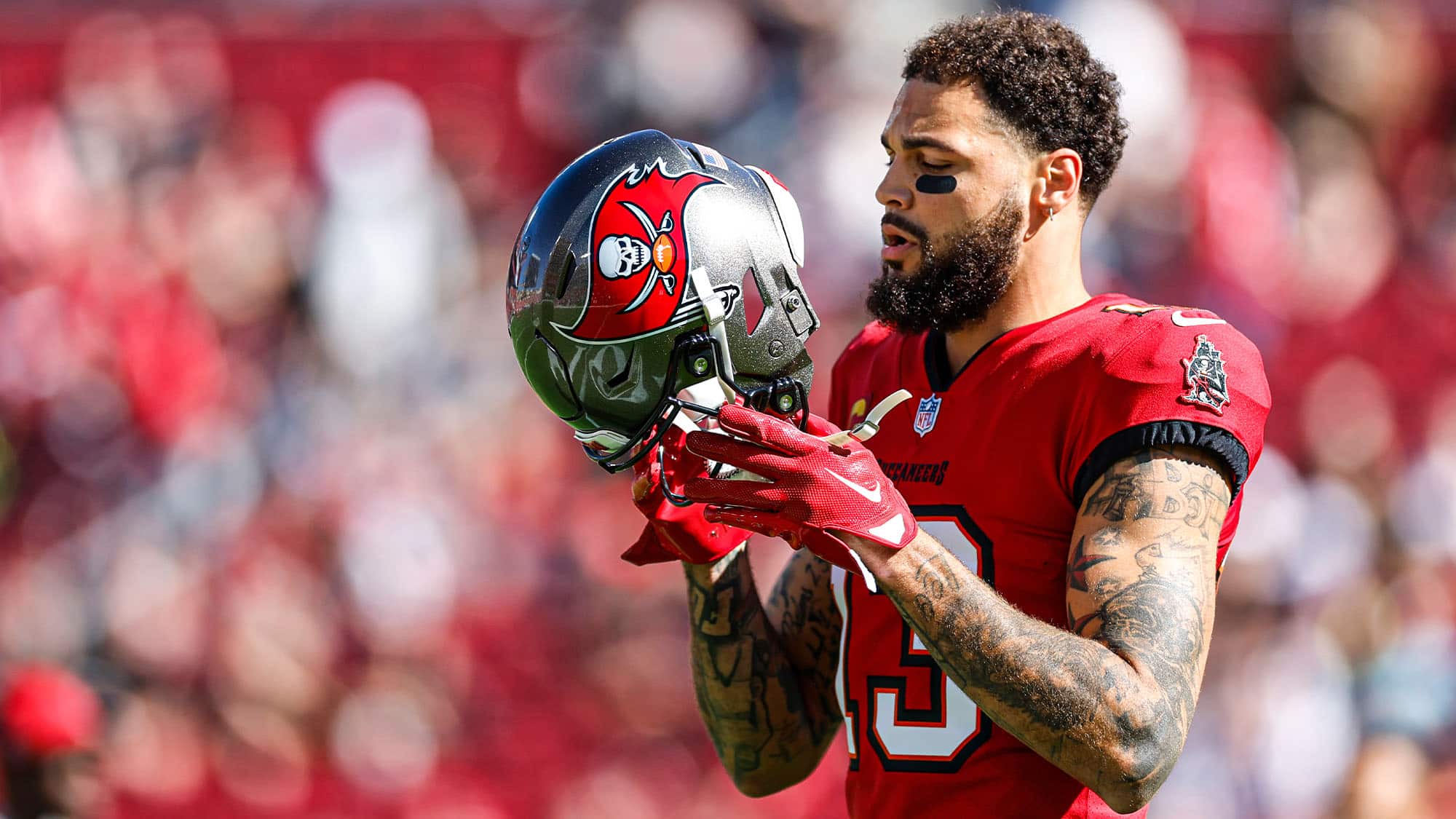The New York Jets’ aggressive play sometimes leads to accusations of being dirty
The New York Jets are no strangers to catastrophic injuries. They lost Aaron Rodgers to a torn Achilles four plays into the season. That could be all the evidence needed, but the Jets have also been hit by a cascade of other ailments, most significantly to offensive linchpin Alijah Vera-Tucker.
The common theme among the Jets’ injuries? None of them place any other player in the way of blame. The Bills’ Leonard Floyd rolled up on Rodgers’ ankle area while making a routine football hit. Vera-Tucker’s injury could be attributed to some bad voodoo in Denver. A host of others could lay different levels of blame on the playing surface but ultimately occurred in the natural way of football.
Sometimes, though, it’s easy to place blame on an opposing player for an injury, particularly a devastating one. There is a fine line between aggressiveness and unsportsmanlike play.
When C.J. Stroud sustained a bone-crushing hit from defensive tackle Quinnen Williams, Stroud went down in a heap and soon exited the game with a concussion. After the game, Williams took it upon himself to express concern for Stroud. Unprompted, he clarified that he is not a dirty player and was not trying to injure Stroud.
I pray CJ is ok, everyone know I’m not a dirty player or trying to hurt a great, Elite QB like him or any player in the league. I play hard and I play fair. Again I pray CJ is ok and wish him nothing but the best.
– Q 🤞🏾🙏🏽
— Quinnen Williams (@QuinnenWilliams) December 10, 2023
Still, a closer look at Williams’ record might cause some fans to level just that accusation at the Jets’ star. Technically, he has sustained only one roughing the passer call this season on an incredibly foolish and unnecessary late shove against Jalen Hurts. However, he’s also had two such calls declined, including one against Stroud. He could have been charged with another on the hit that took out the Texans’ quarterback.
CONTROVERSIAL: Is this a late hit on CJ Stroud by #Jets Quinnen Williams? 🧐https://t.co/InmHA7Nnqu
— Clutch City Entertainment (@ClutchCityENTX) December 10, 2023
Still, upon closer examination, Williams’ first penalty against Stroud was one of the softest calls ever seen on a football field. Sure, it was late, but it was a two-hand-touch-level hit. It’s hard to argue that this should count on Williams’ record anywhere except in the box score.
Quinnen Williams called for roughing the passer on CJ Stroud. pic.twitter.com/IPOrWcYeYJ
— NFL on CBS 🏈 (@NFLonCBS) December 10, 2023
Ultimately, the league’s roughing the passer rules are difficult for defensive players to follow while also giving maximum effort. As Robby Sabo pointed out after John Franklin-Myers’ brutal penalty against the Patriots in 2022, a player cannot go from 60 to 0 in less than one step. Robert Saleh evidently follows this maxim, preferring that his players play aggressively and take the consequences as long as they are not incredibly foolish.
At the same time, the Jets are tied for the most accepted roughing the passer penalties in the NFL (5) and are also tied for the most unnecessary roughness calls (8). Overall, the 13 combined penalties in those two areas lead the NFL. That seems to be a teamwide issue rather than reflecting unsportsmanlike play from a specific player.
Other dirty Jets?
Bryce Huff, Jermaine Johnson, and Quincy Williams all have two accepted penalties for either roughing the passer or unnecessary roughness. Huff’s were both roughing the passer; he is susceptible to such a call due to his low center of gravity, which sometimes causes him to come in near the quarterback’s knees. Johnson and Williams, meanwhile, were both called for late hits multiple times.
Quinnen’s younger brother will often face accusations of dirty play because of his no-holds-barred approach to playing. He is in many ways the ultimate example of what the Jets want from their defenders. In the process, though, his aim on hard hits is not always as accurate as he would like it to be, resulting in blows to the head.
Johnson’s penalties were the least tolerable because they came at the end of a play. It’s one thing to be aggressive but another to pile on. Even though they were also soft by NFL standards, Johnson should have known better.
Are any of these three players dirty due to their penalties, though? Or are they just aggressive players who sometimes struggle with holding back their aggressiveness a notch? That’s the same category that holds Quinnen Williams.
Fines
According to Spotrac, here are the number of times and dollar amounts that Jets players have been fined this season.
- Quincy Williams (3): $51,473 (all unsportsmanlike conduct)
- Jordan Whitehead (2): $43,710 (both hit on defenseless player)
- Breece Hall (1): $43,709 (illegal use of helmet)
- Allen Lazard (1): $16,391 (blindside block)
- Jermaine Johnson (1): $10,927 (roughing the passer)
- Sauce Gardner (1): $10,927 (hit on defenseless player)
- Jeremy Ruckert (1): $6,370 (illegal use of helmet)
- Chazz Surratt (1): $4,833 (tripping)
- Quinton Jefferson (1): $11,611 (unsportsmanlike conduct)
- Brandin Echols (1): $52,226 (personal conduct)
In total, 43 players across the NFL have been fined more than once this season, but only eight have been fined at least three times. Those eight are Ed Oliver and Damontae Kazee (5), Odell Beckham Jr. and D.K. Metcalf (4), and Kareem Jackson, Deshaun Watson, T.J. Watt, and Quincy Williams (3).
It’s difficult to assess how dirty a player is based on fines. For example, is a player dirty if they get fined repeatedly for taunting (as Beckham has been)? As it is, there can be vociferous arguments about the presence of a taunting penalty in a sport among adults that is primed and often lauded for celebration.
Meanwhile, Kwon Alexander has received two maximum fines for impermissible use of the helmet, the same fine Breece Hall sustained against the Falcons. Does that mean a player is dirty or is simply playing football?
I’ll just let him dive at my knees next time I guess?🧐 not like I tore my ACL or anything lol https://t.co/jrmIrsmNuf
— Breece Hall (@BreeceH) December 9, 2023
For what it’s worth, Quinnen Williams has not been fined for any of his penalties this season, although there’s the possibility that it could change after his hit on Stroud. According to Spotrac, he has been fined twice in his career: for roughing the passer in 2019 and for a facemask and unsportsmanlike conduct in 2020. (He will likely be fined for personal conduct due to his recent arrest, but that is a separate issue.)
One way or another, it appears Williams is right: he is not known as a dirty player. A defensive tackle with two fines in nearly five seasons does not fall into the category of making illegal hits. Williams simply had an excellent game against the Texans, posting five pressures and a sack on 24 pass rush snaps. His hit on Stroud was unfortunate but not dirty.

